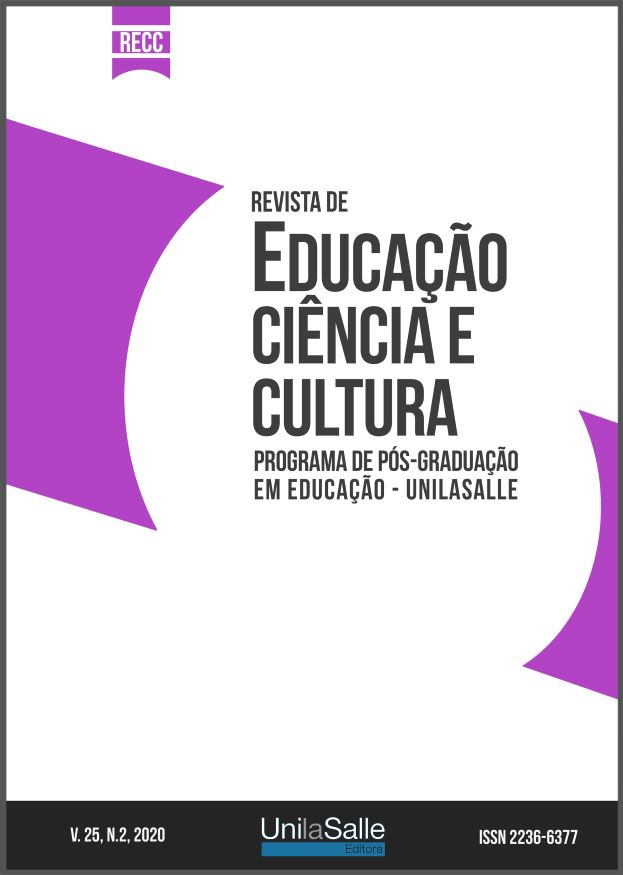Student Evasion: Processes of dropout of distance technical courses
DOI:
https://doi.org/10.18316/recc.v25i2.6514Keywords:
Dropout, Vocational Course, Distance Education.Abstract
This paper discusses research results on dropout in distance technical courses, in view of the high rates presented. Based mainly on Heijmans, Fini and Lüscher (2013), Vygotsky and Luria (2017), and Lobo (2012), a qualitative analysis of the collected data was developed. The instruments used for data collection were a semi-open questionnaire and an interview with dropouts. The results showed that more than 60% of the reasons for dropout are linked to work reasons, to their financial situation, considering it was a matter of family survival. Then other family problems appear. As for the institutional reasons, there is the non-adaptation to the methodology of distance education, complaints about the pedagogical support by tutors without formation in the subject, few practical classes and internal and external communication problems. It was possible to realize that the decision to drop out occurs as a result of reflections that the student makes from frustrations, and most decisions for dropout do not come from a single problem, but from the combination of frustrations linked to the course and their social difficulties at that time.
Downloads
Published
Issue
Section
License
Authors must submit their manuscripts to be published in this journal agree with the following terms:Authors maintain the copy rights and concede to the journal the right of first publication, with the paper simultaneously licensed under the License Creative Commons attribution that permits the sharing of the paper with recognition of authorship and initial publication in this journal.
Since the articles are presented in this journal of public access, they are of free use, with their own attributions for educational and non-commercial purposes.
The Periodic Journal of Education, Science and Culture in http://www.revistas.unilasalle.edu.br/index.php/Educacao was licensed with a Creative Commons - Attribution - Noncommercial 3.0 Not Adapted.


